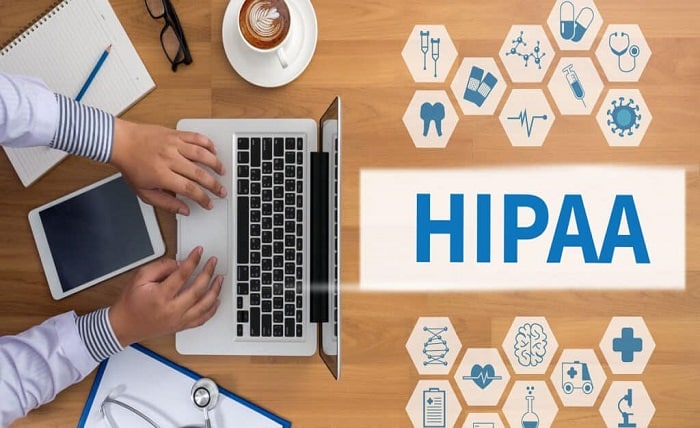Why HIPAA Matters: Ensuring Confidentiality in Healthcare

In the ever-evolving landscape of healthcare, the protection of patient information remains a top priority. The Health Insurance Portability and Accountability Act (HIPAA), enacted in 1996, serves as a cornerstone for safeguarding sensitive patient data. This legislation is crucial in establishing trust between patients and healthcare providers, ensuring that personal health information is kept confidential and secure.
HIPAA was designed to address several key areas, including the improvement of healthcare delivery, simplification of administrative processes, and most importantly, the protection of patient privacy. At its core, HIPAA seeks to prevent unauthorized access to healthcare information, thus preserving the confidentiality, integrity, and availability of patient data.
Key Provisions of HIPAA
One of the primary components of HIPAA is the Privacy Rule, which establishes national standards for the protection of individually identifiable health information. This rule mandates that healthcare providers, health plans, and clearinghouses implement measures to ensure the confidentiality of patient information. It restricts the use and disclosure of such information without patient consent, except in specific circumstances such as treatment, payment, and healthcare operations.
The Security Rule complements the Privacy Rule by requiring covered entities to implement physical, administrative, and technical safeguards to protect electronic protected health information (ePHI). These safeguards are designed to prevent data breaches and ensure that patient information is secure when stored or transmitted electronically.
HIPAA also includes the Breach Notification Rule, which obligates covered entities to notify affected individuals, the Department of Health and Human Services (HHS), and, in some cases, the media, in the event of a data breach affecting unsecured protected health information. This transparency is essential for maintaining trust and accountability within the healthcare system.
Impact on Healthcare Practices
HIPAA has profoundly impacted how healthcare providers manage and protect patient information. By establishing clear guidelines and standards, HIPAA has compelled healthcare organizations to implement comprehensive data protection strategies. This includes training employees on data privacy, conducting regular risk assessments, and utilizing encryption and other security technologies.
One area where HIPAA’s influence is particularly evident is in the adoption of electronic health records (EHRs). The transition from paper-based records to EHRs promises improved efficiency and accessibility of patient information. However, it also presents new challenges in ensuring data security. EHR companies must comply with HIPAA regulations to safeguard patient information and prevent unauthorized access, thereby playing a critical role in the healthcare ecosystem.
Protecting Patient Information
The protection of patient information is not only a legal obligation under HIPAA but also an ethical responsibility for healthcare providers. Patients have the right to expect that their personal health information will be treated with the utmost care and confidentiality. Breaches of this trust can have severe consequences, including financial loss, reputational damage, and compromised patient care.
HIPAA has established a framework that balances the need for information sharing in healthcare with the imperative of protecting patient privacy. It enables healthcare providers to share information efficiently for treatment and care coordination while ensuring that such exchanges do not compromise patient confidentiality.
Furthermore, HIPAA empowers patients by granting them certain rights over their health information. Patients have the right to access their medical records, request corrections to inaccurate information, and receive an accounting of disclosures. These rights reinforce the importance of transparency and patient autonomy in healthcare.
Conclusion
In today’s digital age, the protection of patient information is more critical than ever. HIPAA serves as a vital tool in safeguarding patient privacy, ensuring that healthcare providers maintain the highest standards of confidentiality and security. By mandating robust protections and fostering trust, HIPAA enables healthcare providers to deliver high-quality care while respecting the privacy and rights of their patients.
For the healthcare industry, adhering to HIPAA is not just a legal requirement but a fundamental aspect of patient-centered care. As technology continues to advance, the principles enshrined in HIPAA will remain essential in guiding healthcare organizations toward responsible and ethical data management practices.




